Feb. 21, 2025
-
Feb. 23, 2025
shenzhen
On February 21, 2025, the 10th Asian Cardiac Arrhythmia Summit (ACAS) and the 16th China Cardiac Arrhythmia Summit (CCAS) were successfully held in Shenzhen. To better understand and address atrial arrhythmias, the summit featured a special session on "Progress in Atrial Arrhythmia," focusing on the latest advancements, research findings, and treatment methods in this field. Through insightful presentations and in-depth discussions by international experts, the event aimed to advance the discipline and provide patients with more precise and effective medical solutions.
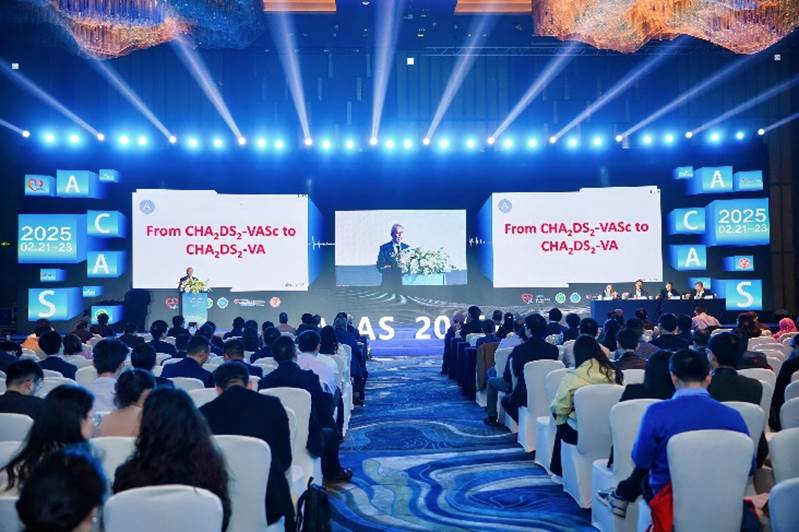
Leading the Frontier of Cardiac Arrhythmias
The summit invited distinguished experts from around the world to share their unique insights and cutting-edge research achievements in the field of cardiac arrhythmias. Topics ranged from interpreting the latest international guidelines on atrial fibrillation to personalized strategies for radiofrequency ablation therapy, as well as the application of new ablation energy technologies and the sharing of unique and fascinating cases of atrial fibrillation ablation. These discussions guided us in delving deeper into new perspectives within the field of cardiac arrhythmias.
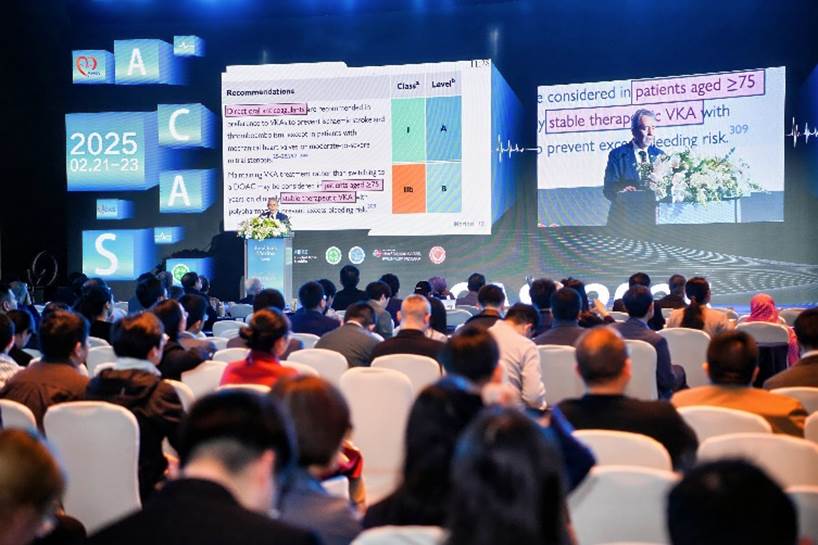
Internationally Renowned Experts Co-Chaired the Event
The success of the special session was attributed to the participation of top experts from around the world. The forum was divided into two parts: the first half was co-chaired by Professor Akihiko Nogami from Japan, Professor Ma Soot Keng from Malaysia, Professor Tom Wong from the United Kingdom, and Professor Mervat Aboulmaaty from Egypt. The second half was co-chaired by Professor Ali Oto from Turkey, Professor Muhammad Munawar from Indonesia, Professor Ayan Abdrakhmanov from Kazakhstan, and Professor Kazuhiro Satomi from Japan. These experts gathered together to guide attendees in exploring new frontiers in atrial fibrillation, providing an international perspective on treatment and research.
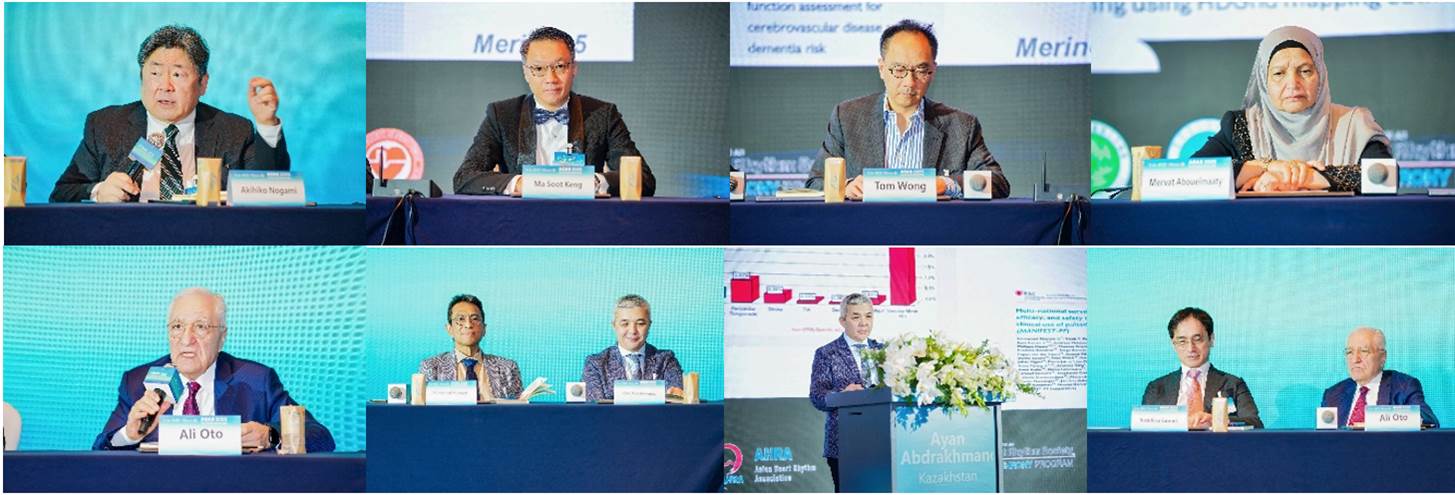
Agenda Highlights: Insights into Professional Expertise
The session began with Professor José Luis Merino from Spain interpreting the latest atrial fibrillation management guidelines released by the European Society of Cardiology (ESC) in 2024. He provided a detailed explanation and shared insights on the "AF-Care" comprehensive management strategy for atrial fibrillation patients, which was introduced for the first time in the guidelines. His presentation was highly enlightening and beneficial for all attendees.
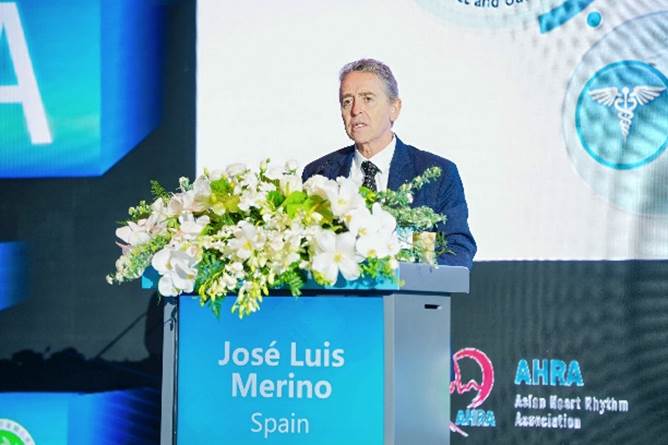
José Luis Merino, Spain
Professor Takanori Yamaguchi from Japan shared his research on atrial remodeling and the progression of atrial fibrillation conducted through atrial biopsy techniques. His presentation sparked discussions on the precise classification of atrial fibrillation and related studies on its pathogenesis.
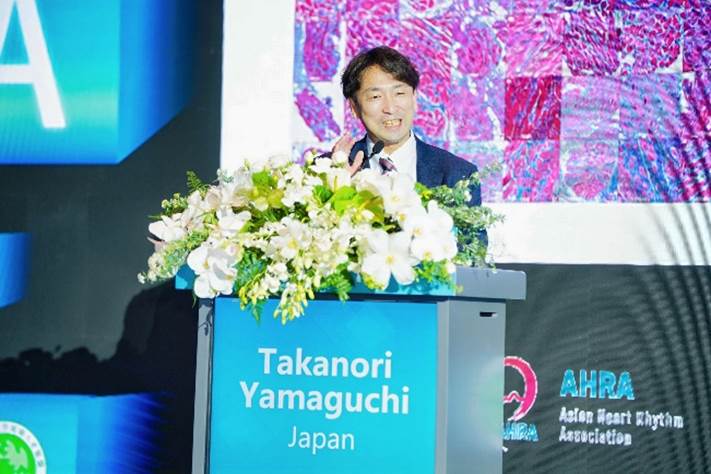
Takanori Yamaguchi, Japan
Professor Paul C. Zei from the United States summarized the current treatment strategies for persistent atrial fibrillation, with a particular focus on the selection of ablation energy and the determination of surgical pathways during catheter ablation procedures. He also provided an outlook on future treatment strategies and research directions, which sparked lively discussions among the attending experts.
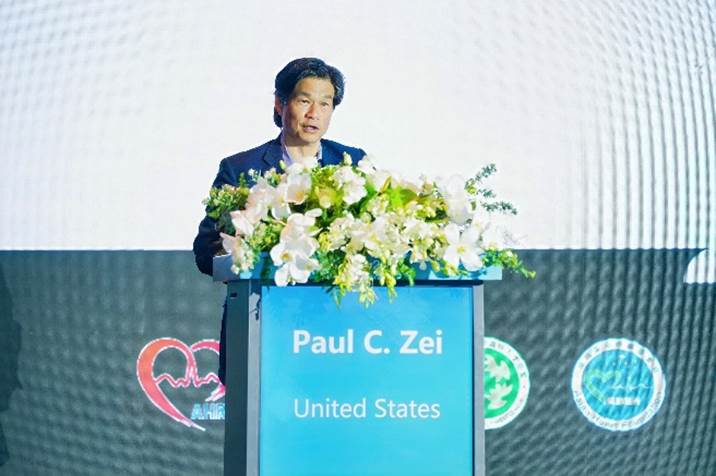
Paul C. Zei, United States
Professor Yiwei Lai, representing the team of Professor Caihua Sang from Beijing Anzhen Hospital, presented the key findings of the PROMPT - AF randomized controlled study published last year in JAMA, one of the world's top medical journals. This marks a significant breakthrough for China in the field of catheter ablation treatment for atrial fibrillation.
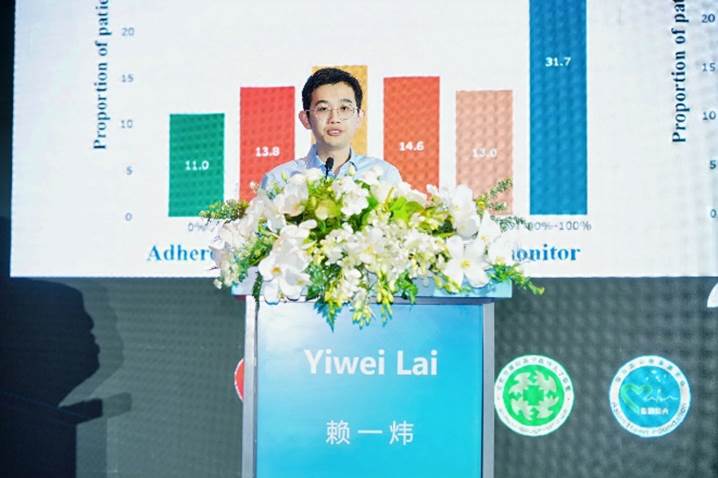
Yiwei Lai
In the second half of the conference, Professor Tom Wong from the United Kingdom initiated the discussion by exploring the advantages and disadvantages of catheter ablation versus thoracoscopic surgical ablation for long - standing persistent atrial fibrillation. His insights provided us with profound reflections on the treatment of long - standing persistent atrial fibrillation.
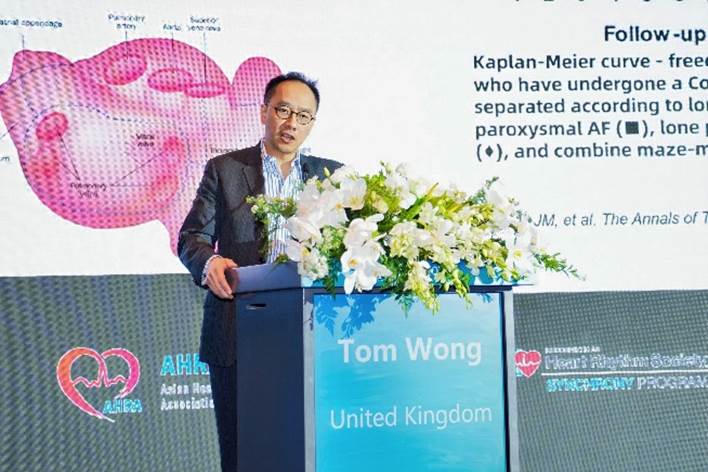
Tom Wong, United Kingdom
Professor Jamie Kim from the United States provided a detailed interpretation of the main results of the OPTION Clinical Trial, a randomized controlled study published last year in The New England Journal of Medicine, one of the world's top medical journals. He also engaged in in - depth discussions with the attending experts on the indications and clinical decision - making for left atrial appendage occlusion.
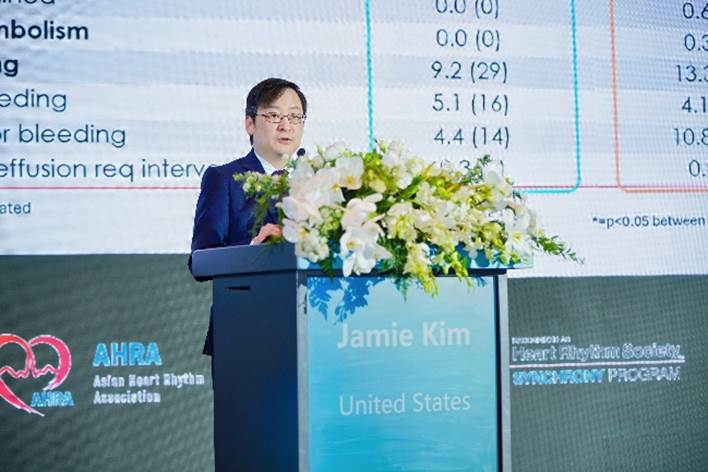
Jamie Kim, United States
Professor Hikmet Yorgun from Turkey provided a comprehensive and systematic summary of the mapping and ablation strategies for scar - related atrial tachycardia and atrial flutter. His presentation offered more holistic solutions for challenging cases of atrial fibrillation.
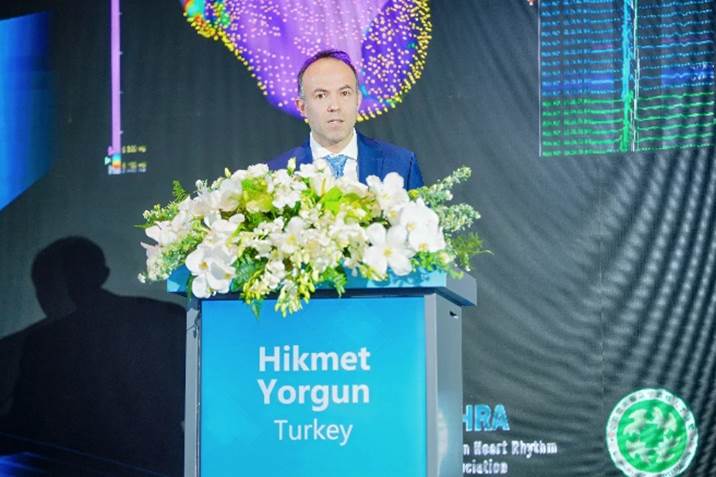
Hikmet Yorgun, Turkey
Professor Jayesh Gohil from Australia shared a series of clinical cases related to left atrial roof ablation, delving into innovative approaches for applying personalized radiofrequency ablation in different patients.
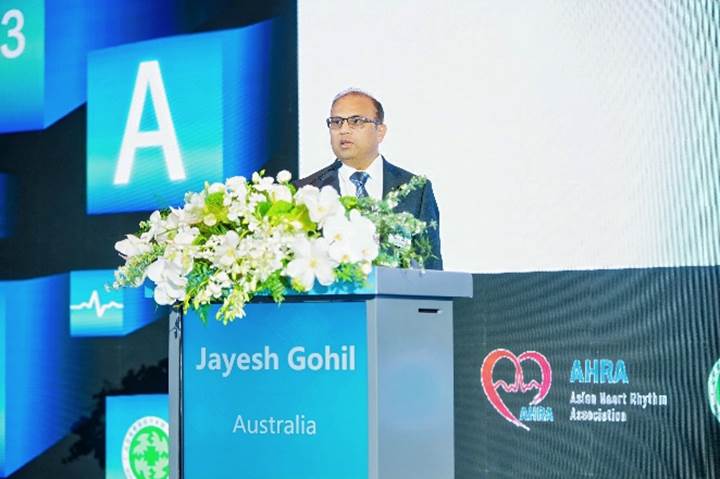
Jayesh Gohil, Australia
Professor Ayan Abdrakhmanov from Kazakhstan discussed the advantages of the novel ablation energy, pulsed field ablation (PFA), in patients with recurrent atrial fibrillation after cryoablation or radiofrequency ablation. He also provided an outlook on the future research directions and applications of PFA, which elicited enthusiastic responses from the attending experts.
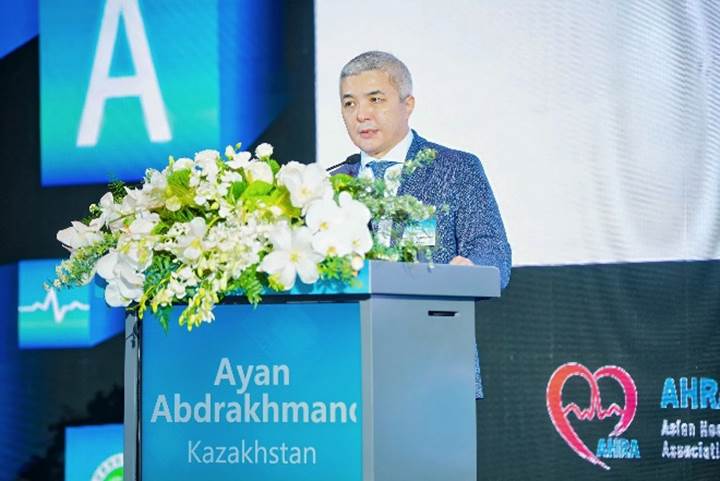
Ayan Abdrakhmanov, Kazakhstan
A Global Collaboration Dedicated to Arrhythmia Research
This was not merely a specialized forum on atrial arrhythmias but also a grand feast of knowledge in the medical field, representing a culmination of international collaboration in the realm of arrhythmia research. We encouraged all participants to actively engage in every session, share their experiences, pose questions, and contribute to the advancement of global arrhythmia research.

We extend our heartfelt gratitude to colleagues from around the world for their participation, as we collectively usher in a new era in the field of arrhythmia research!
